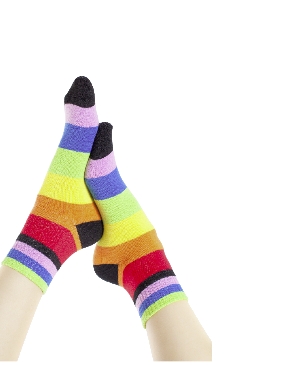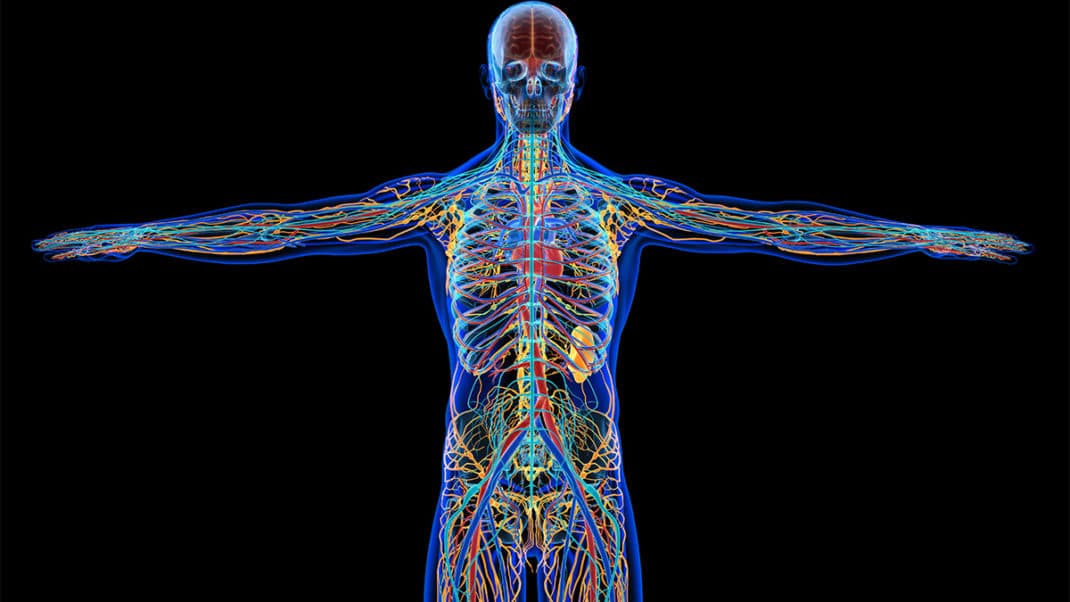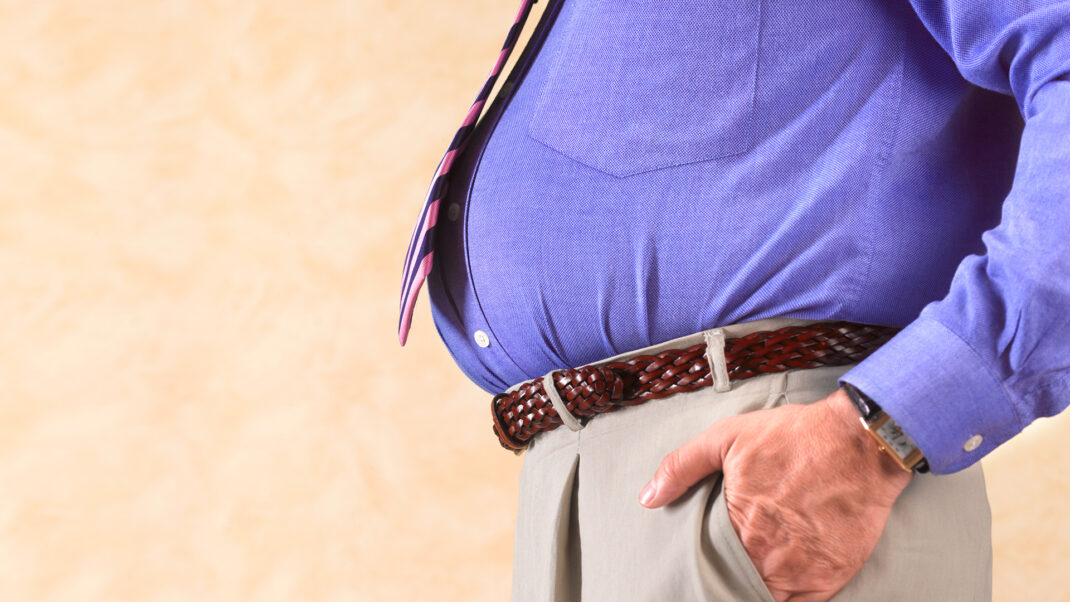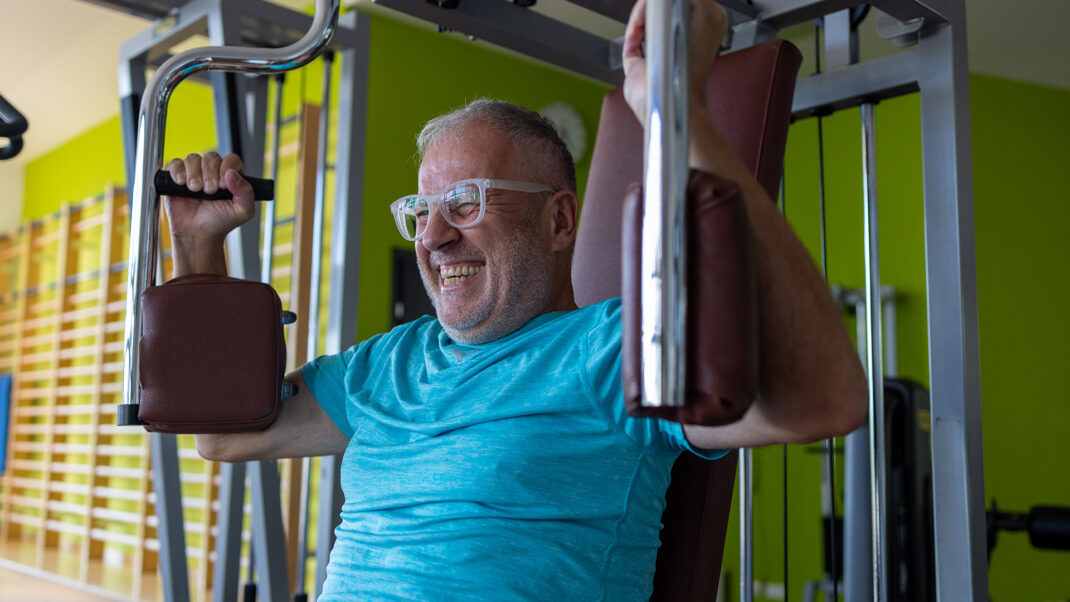Got Bad Feet? It May Be Genetic

Many people believe that musculoskeletal dysfunction is an inherited trait, and a recent research report on foot disorders seems to support that claim. The study, presented at the 2010 American College of Rheumatology Annual Scientific Meeting, suggests that “bad feet” may be genetic. To reach this conclusion, the researchers analyzed information gathered from the Framingham Foot Study, which included 2,179 participants with common foot disorders. The mean age of subjects was 66. Statistical genetics software was used to determine if there was a link between the disorders and heredity. The researchers found that data suggesting heredity of hallux valgus [bunion deformity] and pes cavus [high arches] was “highly statistically significant.”
IDEA presenter Anthony Carey, MS, owner of Function First in San Diego, questions the findings. “I do believe certain physical characteristics—including feet—can be inherited,” he says. When it comes to hallux valgus, however, Carey finds that the condition is a rarity among his younger clients. “If it was inherited, shouldn’t it show up not long after physical maturity?” he asks. He suggests that foot function and mechanics may have more to do with mimicking parents’ movements than with heredity. To ward off such disorders, he urges clients to engage in regular foot care. “With 26 bones, 33 joints and more than 100 muscles, tendons and ligaments, the foot needs some love,” he adds. Here are Carey’s tips for improved foot health:
- Take care of the tissue by using a ball that is small enough (e.g., a golf ball) to get between the metatarsals for myofascial release.
- Feed the body massive amounts of proprioceptive information by walking barefoot on grass, rocks or sand. Or use artificial stimulation, such as air discs with raised knobs.
- Don’t focus on just the feet. Remember that many of the tendons that attach to the foot come from muscles that originate above the ankle.
For more information on foot mechanics, read “The Foot, Ankle and Knee” in the November–December 2006 issue of IDEA Fitness Journal.
Many people believe that musculoskeletal dysfunction is an inherited trait, and a recent research report on foot disorders seems to support that claim. The study, presented at the 2010 American College of Rheumatology Annual Scientific Meeting, suggests that “bad feet” may be genetic. To reach this conclusion, the researchers analyzed information gathered from the Framingham Foot Study, which included 2,179 participants with common foot disorders. The mean age of subjects was 66. Statistical genetics software was used to determine if there was a link between the disorders and heredity. The researchers found that data suggesting heredity of hallux valgus [bunion deformity] and pes cavus [high arches] was “highly statistically significant.”
IDEA presenter Anthony Carey, MS, owner of Function First in San Diego, questions the findings. “I do believe certain physical characteristics—including feet—can be inherited,” he says. When it comes to hallux valgus
Ryan Halvorson
Ryan Halvorson is an award-winning writer and editor, and IDEA's director of event programming.






